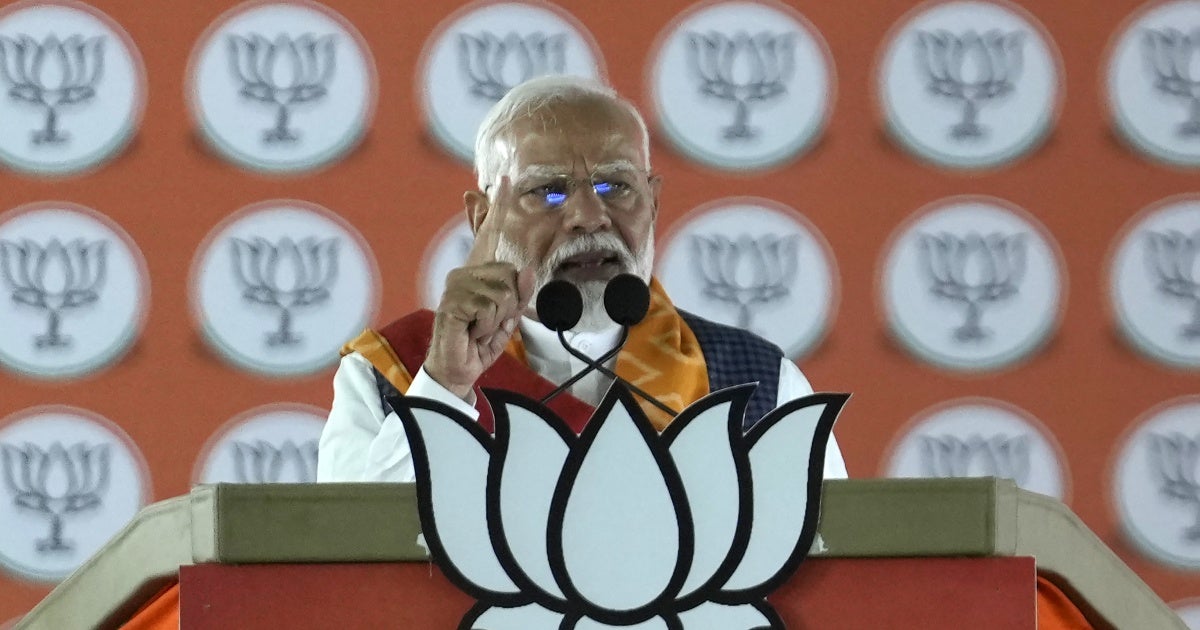In a significant escalation of Indo-Pakistani tensions, India has announced the suspension of the 1960 Indus Waters Treaty, a World Bank-mediated agreement that has governed water distribution from the Indus River system for over six decades. This move, which India attributes to Pakistan’s alleged support for militants involved in a deadly attack on Indian tourists in Kashmir, has raised alarms in Pakistan, where the treaty’s waters irrigate approximately 80% of the country’s farmland.
Treaty Suspension and Its Implications
Indian officials have stated that the suspension will last until Pakistan “credibly and irrevocably abjures its support for cross-border terrorism.” Consequently, India has ceased sharing hydrological data, halted flood warnings, and withdrawn from annual meetings under the Permanent Indus Commission. Additionally, plans are underway to divert water for domestic use and expedite the construction of hydroelectric dams on rivers allocated to Pakistan under the treaty.
Experts note that while India lacks the immediate infrastructure to fully halt water flows, the suspension introduces uncertainty into a system that was never designed for unpredictability. Without timely information on water availability, Pakistan faces challenges in managing its agricultural and energy sectors.
Agricultural and Economic Concerns
Pakistan’s farmers, particularly in the southeastern province of Sindh, are expressing deep concern. Homla Thakhur, a farmer in Latifabad, fears that a cessation of water flow would transform fertile lands into desert. Economists warn that water shortages could cripple agriculture, power generation, and urban water supplies, leading to widespread economic instability.
Legal and Diplomatic Reactions
Pakistan has condemned India’s unilateral suspension of the treaty, asserting that such actions violate international law. Senior politician Mushahid Hussain Syed emphasized that the treaty cannot be suspended or terminated unilaterally, urging India to refrain from using the Kashmir incident as a pretext for such measures. Pakistan has called for a neutral investigation into the Kashmir attack and warned of strong retaliation if water supplies are diverted.
Broader Geopolitical Implications
The suspension of the Indus Waters Treaty sets a dangerous precedent in international water diplomacy. Experts caution that undermining such agreements could destabilize global norms governing transboundary water resources. The situation is further complicated by China’s involvement, as it controls key upstream resources and is allied with Pakistan.
As tensions continue to rise, the international community watches closely, with many urging both nations to prioritize dialogue and diplomacy to prevent further escalation.



